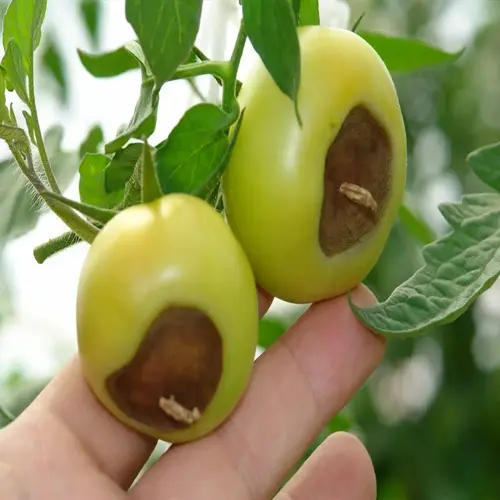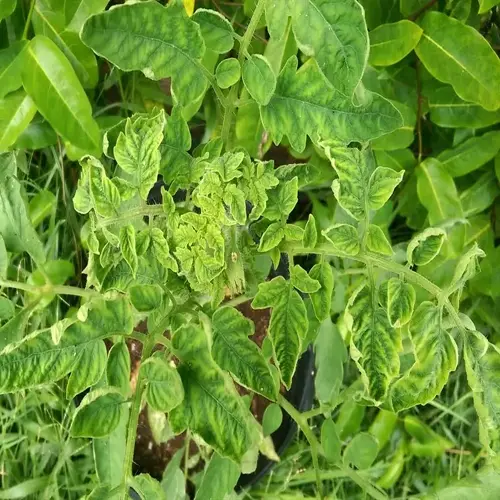What are eco-friendly perlite alternatives?

Written by
Tina Carter
Reviewed by
Prof. Martin Thorne, Ph.D.Eco-friendly perlite alternatives can help mitigate the impact of gardening on climate change while improving soil quality. Sustainable alternatives enhance drainage without the environmental costs of mining. I switched to these types of materials when I saw what strip-mined landscapes looked like. These types of materials offer similar benefits and have a significantly lower carbon footprint compared to perlite or expanded clay pellets.
Preparation Methods
- Rice hulls: Use parboiled to prevent sprouting
- Biochar: Charge with compost tea for 48 hours
- Coconut coir: Rinse until runoff clears (removes salts)
- Composted bark: Screen to remove large chunks
Application Ratios
- Rice hulls: 30% for drainage in containers
- Biochar: 10-15% for soil structure enhancement
- Coconut coir: 25% for moisture retention
- Composted bark: 40% for fungal-dominant mixes
The benefits to the environment make these unintended consequences of using these alternatives beneficial. Rice hulls are used in agricultural waste streams. Biochar sequesters carbon for extended periods. After all, the sustainability of my garden has improved substantially since using these. These generate direct pressure on mined resources, but also indirectly promote the socialization of the circular economy.
Taking into consideration the Sourcing implications has an effect on sustainability. Sourcing rice hulls from a local processor minimizes transportation emissions. Coconut coir has cultural significance and sustains coastal communities. I also source bark from certified sustainable lumber companies. If you purchase raw materials, check the suppliers` sustainability certifications.
The performance traits differ from those of perlite. Rice hulls degrade over time, which helps improve the soil. Biochar improves cation exchange capacity over the long haul. Coconut coir retains more water than vermiculite. My plants adjusted readily after a couple of transitions.
Combine options for best results. Rice hulls and biochar are well-suited for drainage and structural integrity. Coconut coir and bark will help maintain moisture and fungal life. I used my own custom combinations for my veggie garden to excel. It's okay to try out different options for your ideal sustainable blend.
Read the full article: Vermiculite vs Perlite: Ultimate Comparison

